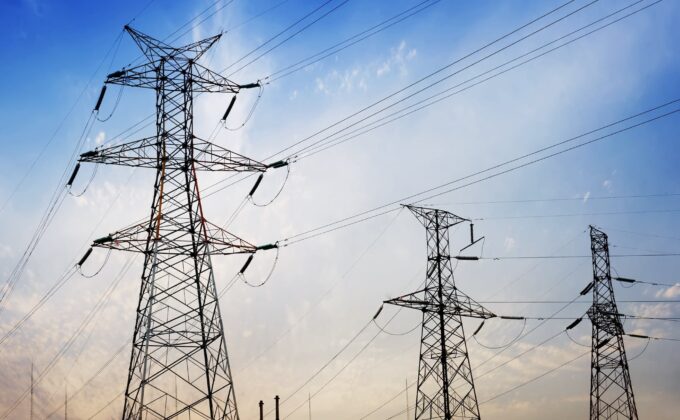
Knowledge Center
We believe that sharing our expertise and collaborations in clean energy policy is how real, effective change happens.
From reports and policy briefs, to webinars and podcasts—RAP advisors have built an extensive collection of resources providing in-depth analysis and practical solutions to today’s energy challenges.
Filter >>
Content Filter:
Part of RAP & ICCT’s Benefits of EVs Through Smart Charging Global Project As electric vehicle markets across the globe grow and mature, the challenge to ensure the smooth and effective integration of EVs into the power grid becomes more… View Summary +

This paper considers ways in which utilities and regulators can encourage electric vehicle owners’ participation in utility-managed charging programs. Unmanaged EV charging creates the risk of squandering electric system capacity and, instead, increasing system costs, which are borne by all… View Summary +

Part of RAP and ICCT’s Benefits of EVs Through Smart Charging Global Project With economic forces and policy efforts encouraging transportation electrification, it is critical that electric vehicle (EV) demand on the power grid be carefully integrated to avoid unnecessarily… View Summary +

In a webinar panel discussion, presenters discussed the fundamentals of designing an effective 24/7 carbon-free electricity transition tariff: Integrate transition tariff investments with ongoing utility planning. Ensure accurate hourly emissions tracking and verification. Design transition tariffs to accelerate complementary investments. View Summary +
(A summary version of this paper is also available.) An increasing number of national, state and local government leaders recognize that rapidly decarbonizing the electricity grid is necessary to slow the disruptive effects of a changing climate. At the… View Summary +

(A technical version of this paper, with four detailed appendices, is also available.) An increasing number of national, state and local government leaders recognize that rapidly decarbonizing the electricity grid is necessary to slow the disruptive effects of a… View Summary +

Deployment of heat pumps is a key part of greenhouse gas reduction goals set out in the Inflation Reduction Act. In this paper, a collaboration between RAP and CLASP, the authors analyze impacts of the IRA on heat pump… View Summary +

Access to consumption data from utilities enables building owners to cut utility costs, save money, increase asset value, and reduce carbon emissions. Too often, owners cannot access accurate data, especially when utilities bill tenants directly. Stakeholders in many jurisdictions requested… View Summary +

State government agencies are becoming aware that there is more that they can do to reach communities that may be underserved by agency programs — communities of color, indigenous communities, and low-and moderate-income communities. This policy brief describes steps that… View Summary +

Most of America’s transmission grid was built in the 20th century to serve central power stations burning coal, oil, more recently, fossil gas, and nuclear stations. In a world where solar and wind energy are now less expensive than fossil-fuel… View Summary +

In a webinar discussion, panelists discussed efforts across the country to put in place clean heat standards or other mandates for reduction of emissions from thermal end uses. View Summary +
In recent years, states embracing transportation electrification have come to realize that different parts of the transportation sector come with their own challenges and needs. Electrifying the transit sector is no different. Here we focus on the electrification of public… View Summary +
In a roundtable webinar discussion, RAP staff highlighted what states can do (and are doing) on a variety of topics — from performance regulation to system planning to rate design — to navigate the energy transition with the customer’s interests… View Summary +
Traditionally in planning power sector investments, utilities have been focused on two metrics for success: reliability and affordability. These metrics remain important, but they do not effectively account for the climate, environmental, and human impacts of fossil fuels, which disproportionately… View Summary +

Utility regulators, whether they be veterans or new to the job, are often eager to make a positive impact on the transformation of the electric sector by addressing such areas as distributed generation and storage, electric vehicles (EVs) and carbon… View Summary +

